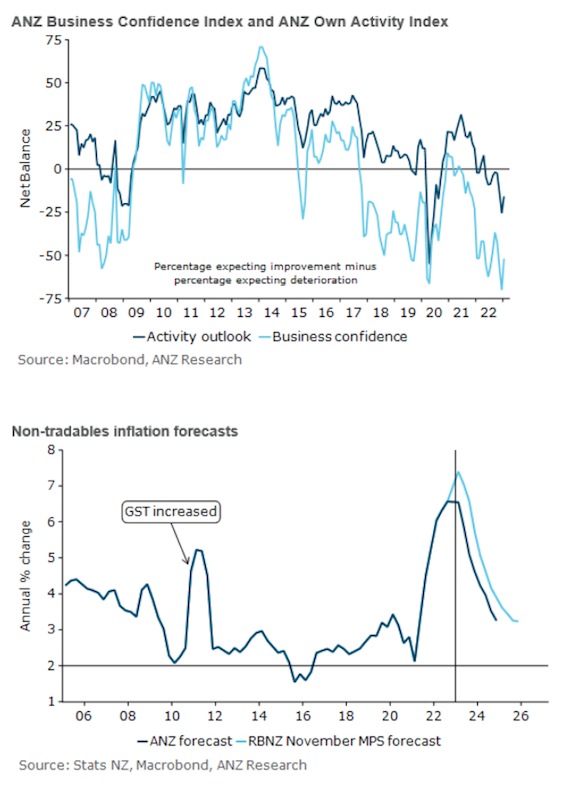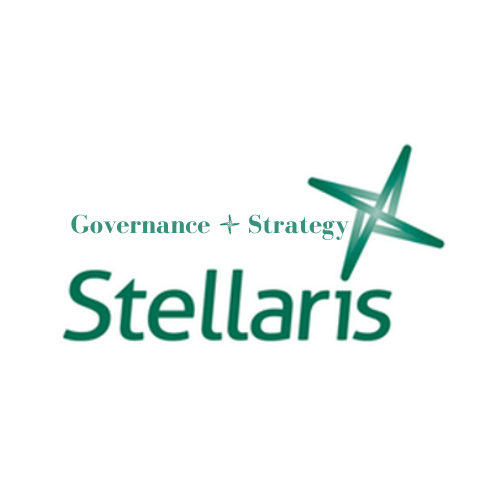Happy New Year to you all!
The year ahead is full of opportunity for strategic decision making.
Yes, there has been some disturbing news in recent weeks: the lowest ever business confidence rating, the highest inflation since last century, the government passing 400 pages of amendments to a law they passed just 48 hours earlier, 40% increase in violent crime, a war in Ukraine etc.
At the same time there has been some good news:
- I was elected to the Bay of Plenty Regional Council
- Scientists have found cationic nanomaterials that can target specific areas of fat (https://www.engineering.columbia.edu/news/positively-charged-nanomaterials-treat-obesity)
- 146 new species were discovered in 2023 (https://www.goodnewsnetwork.org/146-new-species-added-in-2022)
- Retail spending fell $166 million in December and House prices are becoming more affordable.
This month I start a short series on the basics of economics. Understanding economic theory will make you better at strategy.
Enjoy!
ECONOMICS
Economics is a social science. In other words, it attempts to explain how people behave. In particular economics is about how people make choices when their wants are greater than the resources available to satisfy those wants.
If there is more than enough of something to go around and it is easy to get then that something tends to be free. Examples are fresh air and fishing off the wharf.
However, we tend to always want more than we can have so we have to make choices and create priorities. Our first priority will have first call on our resources and then our second priority gets resources and so on and so forth.
Economics is about how you and I allocate resources to make those choices.
Economics does not have to be about money. For example, we make choices about how we use our time which is limited or scarce relative to our wants. If we choose to do some gardening there is a cost in terms of the opportunity to go shopping perhaps. If we choose to watch TV there is a cost in terms of the opportunity to read a book or get some extra sleep. If we choose to be a high performing athlete there is a cost in the pain and pleasure of training. Everything then has what economists call and opportunity cost. Opportunity costs is not always measured in dollars and cents.
Choices are impacted by one’s values. For example, I could choose to buy a McDonalds Classic Share meal for 4 people for $30 or a New World Meal for Four for $25. Which is the rational choice? The first has limited nutrition but is fast and easy. The latter is very healthy but takes 30 minutes to prepare. If I value my time at more than $10 per hour and am not concerned about my health, then the rational choice is to buy the McDonalds meal. Or on the day I might not have 30 minutes to spare between meetings so choose a fast meal. Or I might be trying to impress someone with my cooking skills so am happy to spend time in the kitchen.
This is why economics forecasts can be a bit hit and miss. So much depends on the values which drive decisions. For this reason, a lot of data is aggregated and we make our best guess hoping that there is some sort of law of averages.
KEY POINTS:
- People don’t always seem to act rationally but really, they are just basing their reasoning on different values and emotions than yours.
- There is an opportunity cost to any decision.
- Economics is the study of how people allocate resources when they have to prioritise between choices.
STRATEGIC QUESTIONS:
- Do you understand the values and emotions of your customers?
- How can you raise the level of priority for your customers?

NEWS TO NOTICE
- New Zealand has a new Prime Minister -Will Chris Hipkins be a new broom?
- Inflation stays at 7.2% – How has a cumulative 14% increase in prices over the last two years affect your business? (Food and vegetables up 20% in the last 12 months)?
- Four sectors have “Fair Payment Agreement” applications – is your sector included? https://www.mbie.govt.nz/business-and-employment/employment-and-skills/fair-pay-agreements/fpa-dashboard/
- Pubs run dry of beer (well CO2 actually)
- Te Pukenga is scrapping all local polytech brands and dissolving the work-based learning board. https://www.xn--tepkenga-szb.ac.nz/news/work-based-learning-subsidiary-to-transition-into-te-pukenga-at-end-of-year/
- Secondary school teachers are going on strike to get paid more even though fewer than 40% of kids actually attend school regularly. https://www.educationcounts.govt.nz/statistics/attendance
- Government has introduced the Water Services Legislation Bill on 8/12/23 to amend the Water Services Entities Act 2022 they passed on 7/12/23 https://legislation.govt.nz/bill/government/2022/0210/latest/LMS794055.html
- Dairy prices have had a pretty unspectacular summer. WMP prices have slid about 5% since the beginning of December.
- The USA Department of Justice is suing Google in an effort to break up its advertising business https://www.cnbc.com/2023/01/24/doj-files-second-antitrust-lawsuit-against-google.html
LET’S TALK STATISTICS
Numbers tell a story. How do these numbers tell a story for your business?
I have included a random range of statistics. Please let me know other statistics you would like to follow.

ABOUT THIS NEWSLETTER
RON SCOTT is an elected member of the Bay of Plenty Regional Council but nothing in this newsletter should be taken as Council policy. They are my views or those of the sources cited.
Ron is a JP, a chartered Member of the Institute of Directors and holds degrees in economics, history and geography. He is a director of the Royal Foundation of the Blind and Chair of SILC Charitable Trust.
STELLARIS is your one stop shop for all things Governance. Our services include:
- Training workshops for trustees and directors – We offer a range of workshops covering Understanding financials, Meeting procedure, Strategic planning, Expectations of an employer, Health and safety, Creating a strategic plan and more. We adjust the level of the training to suit the level of your board members.
- Meeting facilitation – whether it is a strategic planning session, a discussion group or an annual team building day give us a call.
- Coaching and mentoring of key staff and board members.
Give us a call on 0800 23 23 78 or email info@stellaris.co.nz to find out how Stellaris can best help you.
DOWNLOAD the January Newsletter


Recent Comments